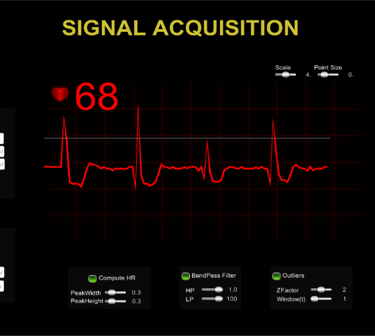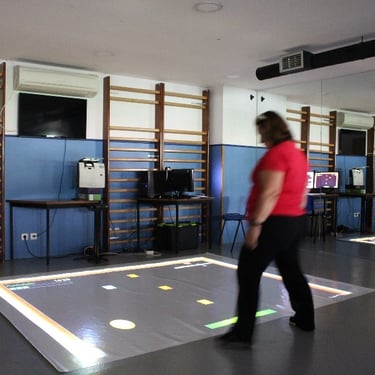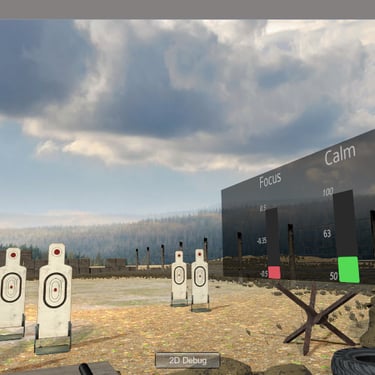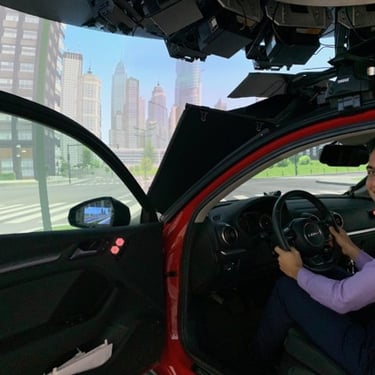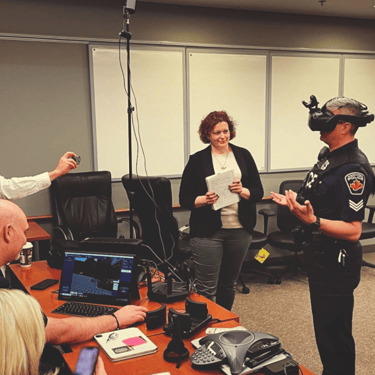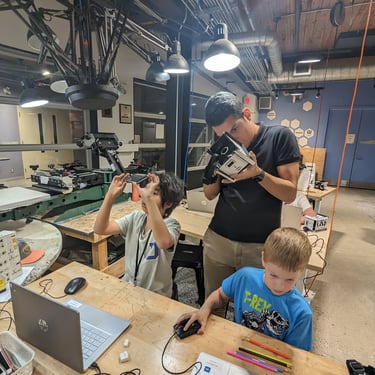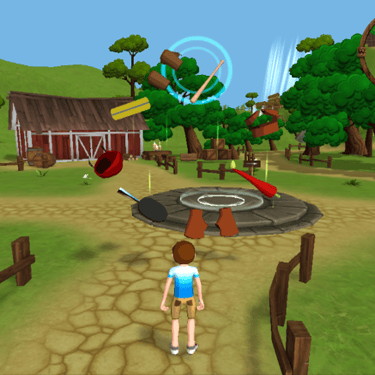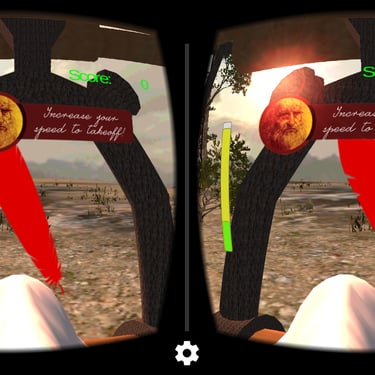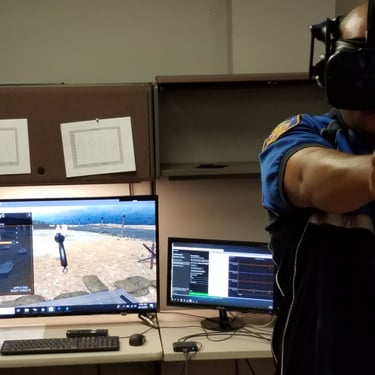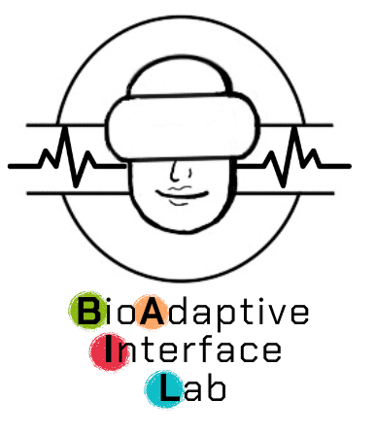BioAdaptive
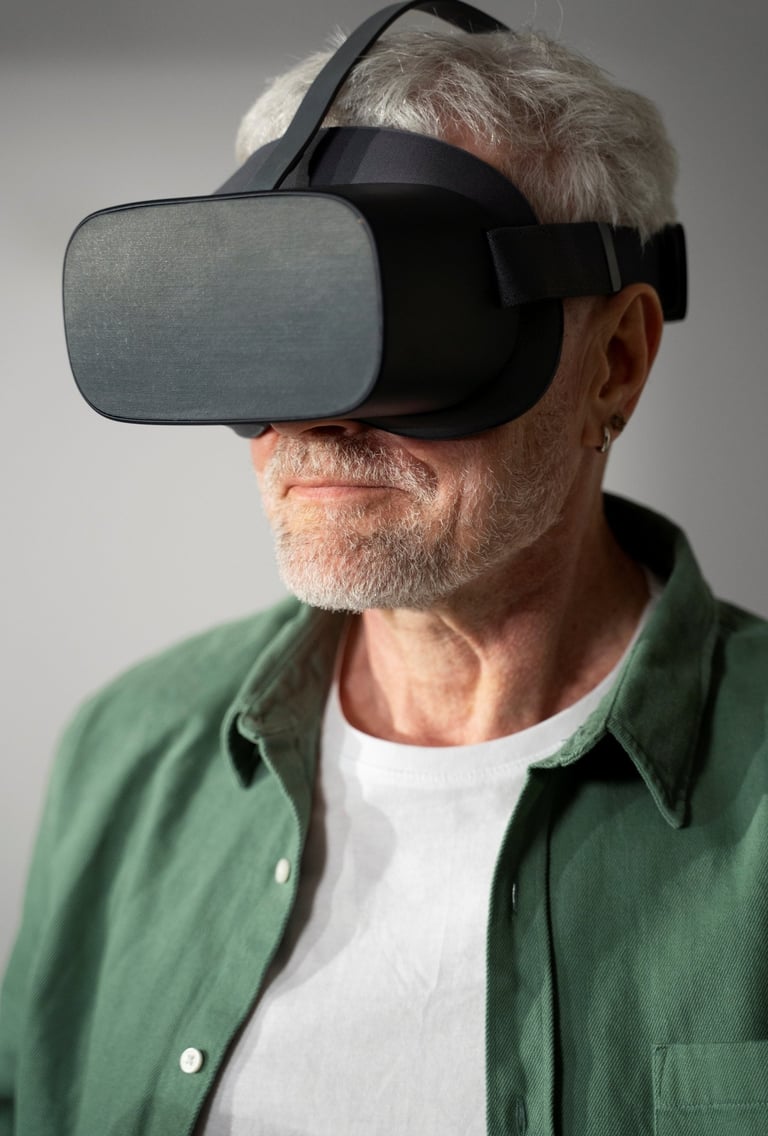

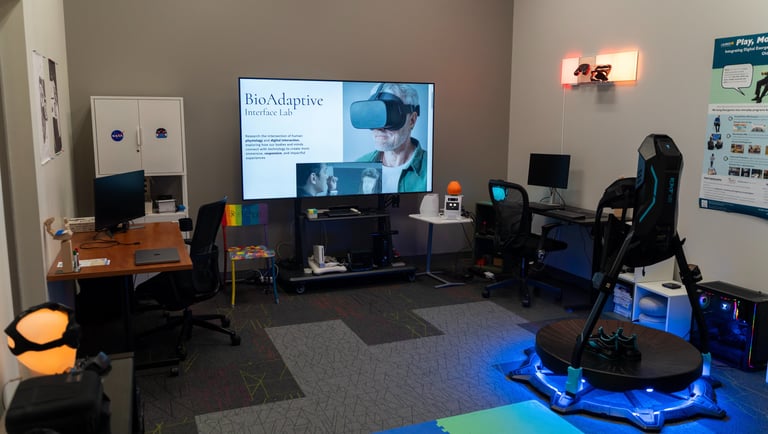

Interface Lab
Research the Intersection of human physiology and digital interaction, exploring how our bodies and minds connect with technology to create more immersive, responsive, and impactful experiences
Research Vision
The BioAdaptive Interface Lab at Wilfrid Laurier University conducts research that spans areas such as serious games, virtual reality simulations, social robotics, and brain-computer interfaces employing human-computer interaction methodologies.
By integrating physiological data like heart rate, muscle activity, and neural signals, we develop interactive interfaces that adapt to users in real time, enhancing both user experience and outcomes in fields such as healthcare, rehabilitation, wellbeing and training.
Our work has been recognized through key publications and contributions to the fields of user-centered design and physiologically adaptive technologies.
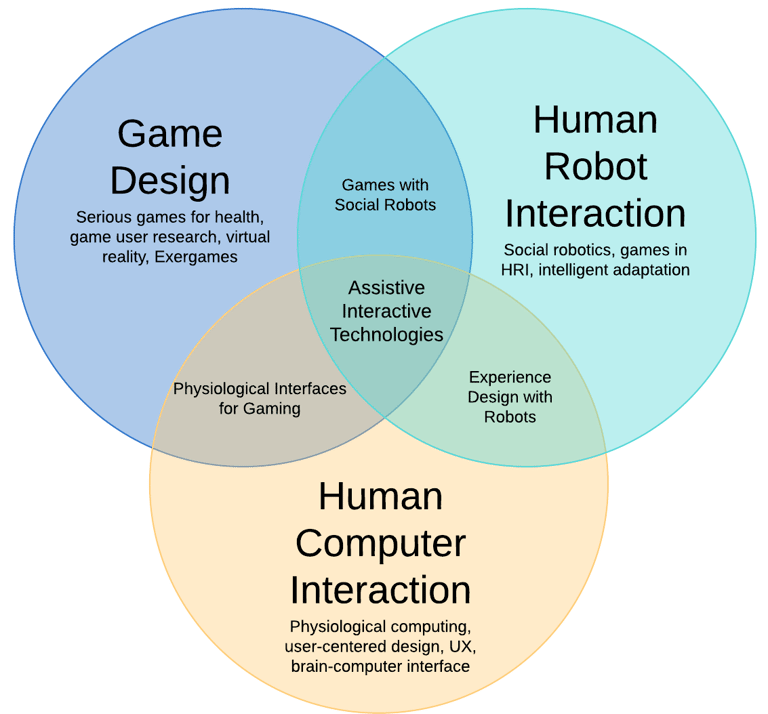

News
August 27th 2025. The Alzheimer Society of Brant, Haldimand Norfolk, Hamilton provided funds to the lab to conduct research using VR (link)
August 5th, 2025. A new paper about Game Design in Social Robotics was published in the International Journal of Social Robotics (link)
July 15th, 2025. John will be at The Seventh International Conference on Law Enforcement & Public Health -LEPH 2025 in Ottawa (link)
June 26th, 2025. The BioAdaptive Interface Lab is present at VRTO 2025 in Toronto with a Keynote and demos of multiple developments (link.)
April 1st, 2025. New call for papers released having John as the Guest Editor: "Virtual Rehabilitation" in BMC Biomedical Engineering (link)
March 5th, 2025. BioAdaptive Interface Lab website is launched!
March 3rd, 2025. Psychology student Natalia Luciani completed her ACERS video submission of the research entitled "Immersive Virtual Reality Meditation and Acute Stress Regulation" (video).
February 12th, 2025. Biomedical Engineer student Aaron Jumarang completed his co-op term prototyping PhysioMario: A Biocybernetic Adaptive Game Using EEG-Based Engagement for Dynamic Difficulty Adjustment (video).
January 20th 2025. Welcome to the new Coop Student Yonhee Park, 3B student from Biomedical Engineering at the University of Waterloo who will be working on Multimodal Physiological Data Analysis (link).
January 6th, 2025. Welcome to the new Research Assistant Nahomi Ramirez, master's student in UXD at Laurier. She will be working on the "Active Aging Thorugh Play" initiative (link).
December 4th, 2024. Presentations of the final projects of the UX600 User-Centered Design taught by John around haptic design for the hard-of-hearing and deaf communities (link).
September 3rd, 2024. New article published of our research with Dr. Jennifer Lavoie exploring the psychophysiology of de-escalation using virtual reality (link).
October 27th, 2024. John’s participation in the NASA Technology Transfer Program Webinar entitled “Biocybernetic Frontiers: NASA's Physiologically Adaptive Systems for Performance Enhancement and Conflict Resolution” (link).
October 23rd, 2024. Rogerts TV and Conestoga Connected interviewed John to explore how virtual reality is being used in police training using physiological sensors (link)
